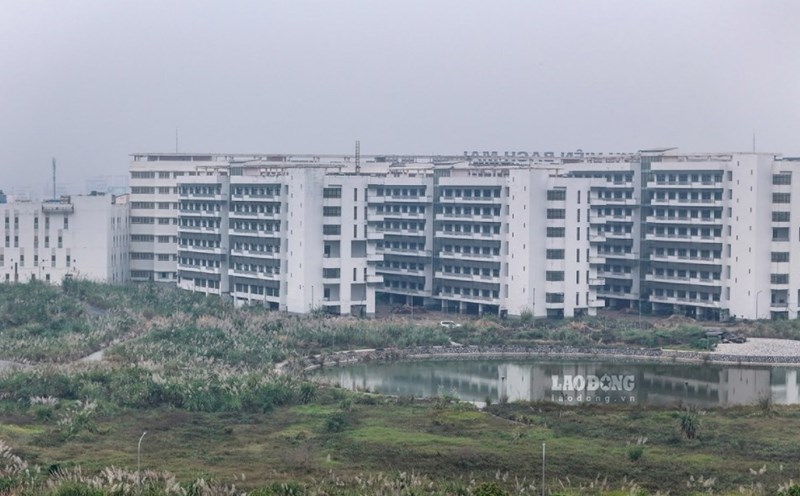Avinash Negi - Everest climber and Director at Atal Bihari Vajpayee Institute of Mountaineering and Sports (ABVIMAS) Manali, Himachal Pradesh (India) - said that when one climbs to an altitude usually above 8,000 feet (2,400 meters), the air becomes thinner, the atmospheric pressure is lower and the oxygen level decreases.
This change in environment triggers a series of physiological responses as the body attempts to maintain optimal functioning under extreme conditions.
“Living at high altitude, where the air is thinner and oxygen levels are lower, can have a significant impact on the human body. It’s an interplay of challenges and adaptations that affects everything from your cardiovascular system to your sleep patterns,” says Avinash Negi.
Cardiovascular health and oxygen saturation
As you go higher, the reduced oxygen levels put a strain on your cardiovascular system, says climber Negi. Initially, your heart rate increases as your body tries to pump more blood to compensate for the lower oxygen saturation.
Over time, several changes will take place to help the body adapt:
Increased red blood cell production: The body begins to produce more red blood cells. This increase helps carry more oxygen to the tissues.
Improved capillary density: The number of small blood vessels (capillaries) in the muscles increases, helping to increase oxygen delivery to the cells that need it most.
Improved lung function: The lungs become more efficient at taking in oxygen from the air and your breathing rate may increase even at rest.
However, long-term exposure to high altitude can also have some negative effects on the heart. The increased workload on the heart can lead to thickening of the heart muscle and potential long-term problems such as pulmonary hypertension.
Physiological adaptation
Acclimatization to altitude involves leading to physiological changes that optimize oxygen delivery and utilization, including:
Increased breathing rate: As mentioned, your breathing rate increases to take in more oxygen.
Decreased plasma volume: The body reduces the amount of fluid in the blood, making the blood thicker and containing more red blood cells.
Increased heart rate: Your heart beats faster to circulate oxygen-rich blood throughout your body.
Cellular adaptation: Cells use oxygen more efficiently, even in hypoxic environments.
“The time required to acclimatize varies depending on altitude and individual factors. In general, it takes several days to several weeks to fully acclimatize to altitudes up to 8,000 feet. At higher altitudes, acclimatization can take longer,” Negi said.
Sleep and cognitive function
High altitude can disrupt your sleep due to changes in breathing patterns and oxygen levels, Negi confirms. You may experience intermittent breathing, leading to poor sleep quality and daytime fatigue.
High altitude can also affect cognitive function. You may experience difficulty with memory, concentration, and decision making, especially during the initial acclimatization period.









